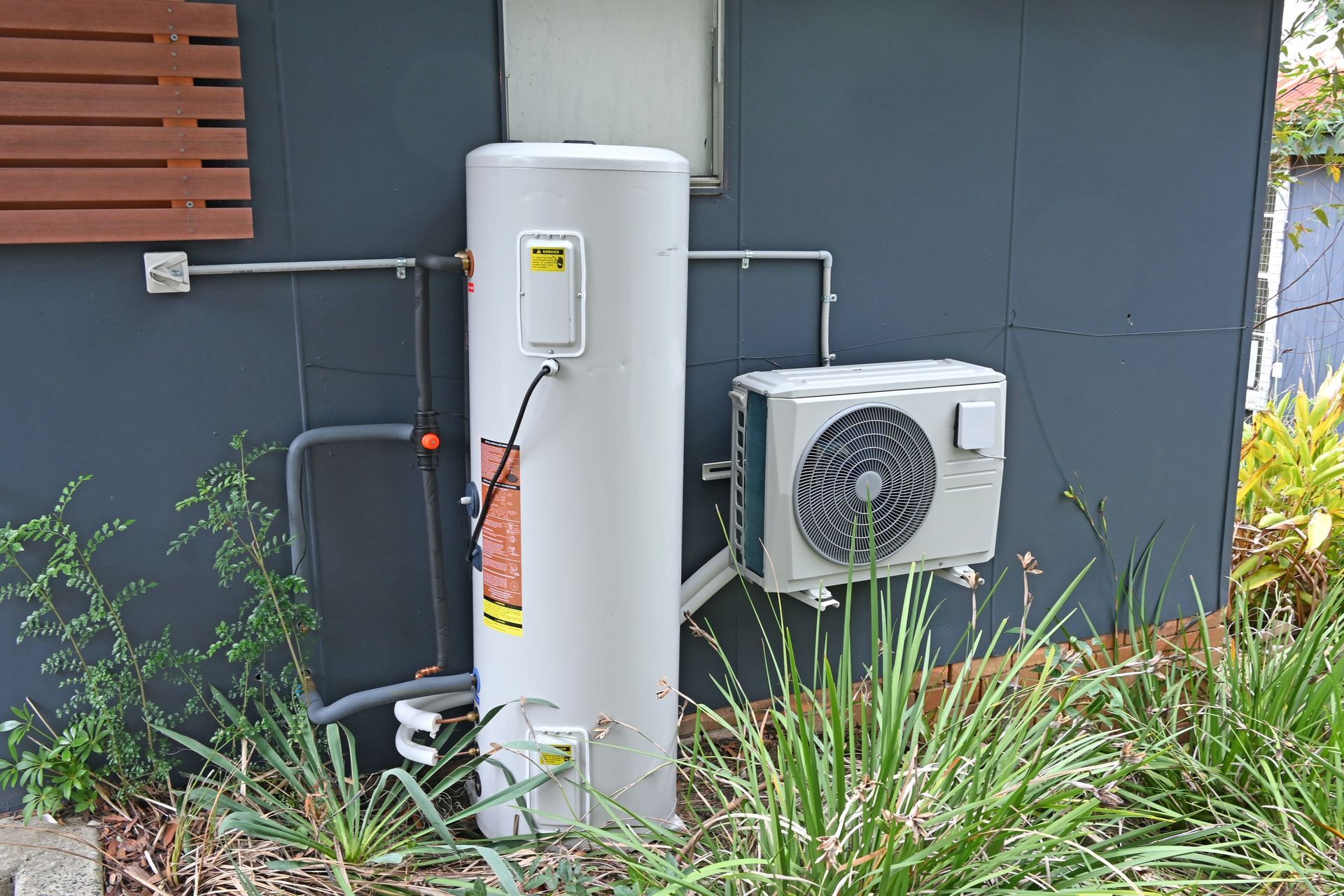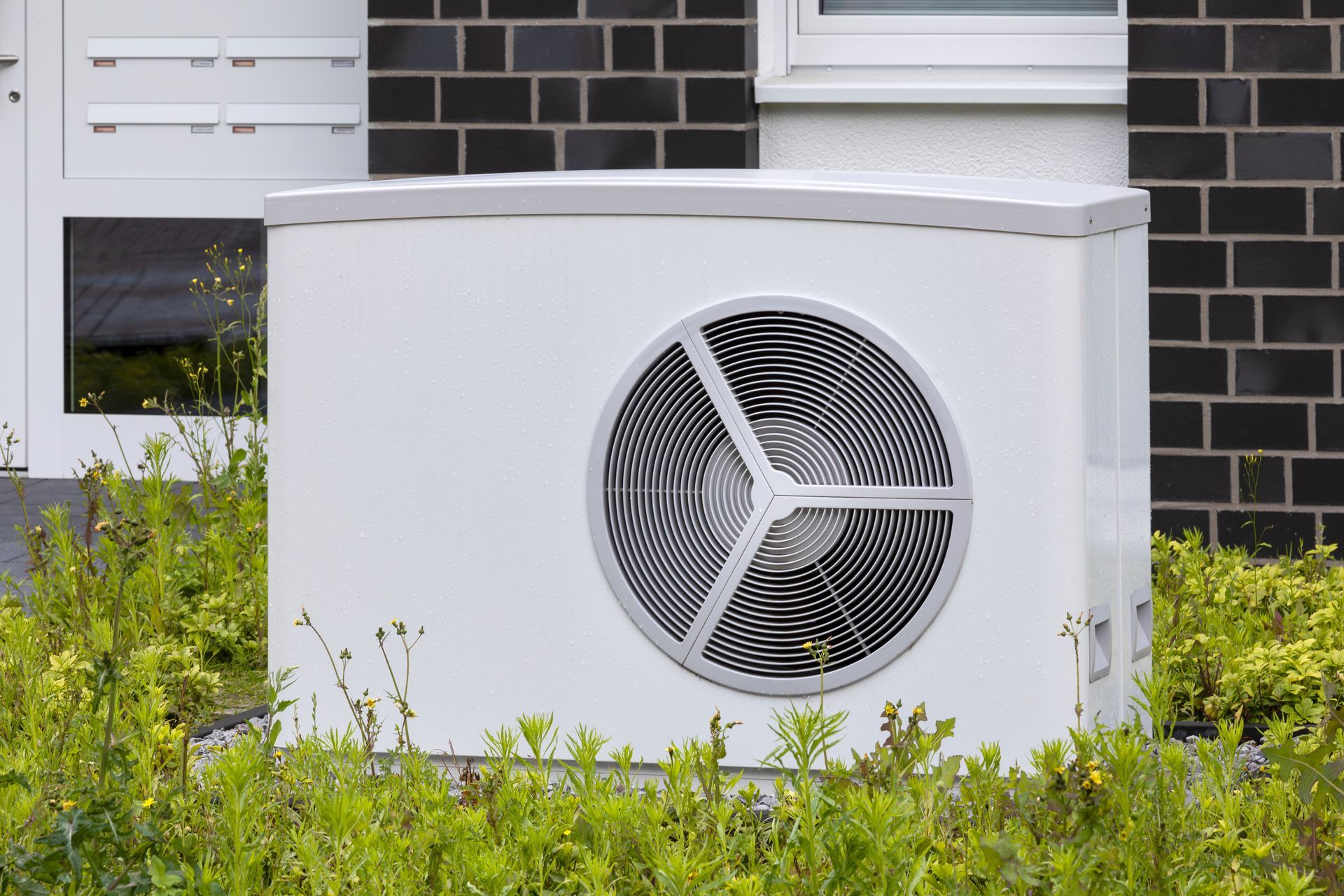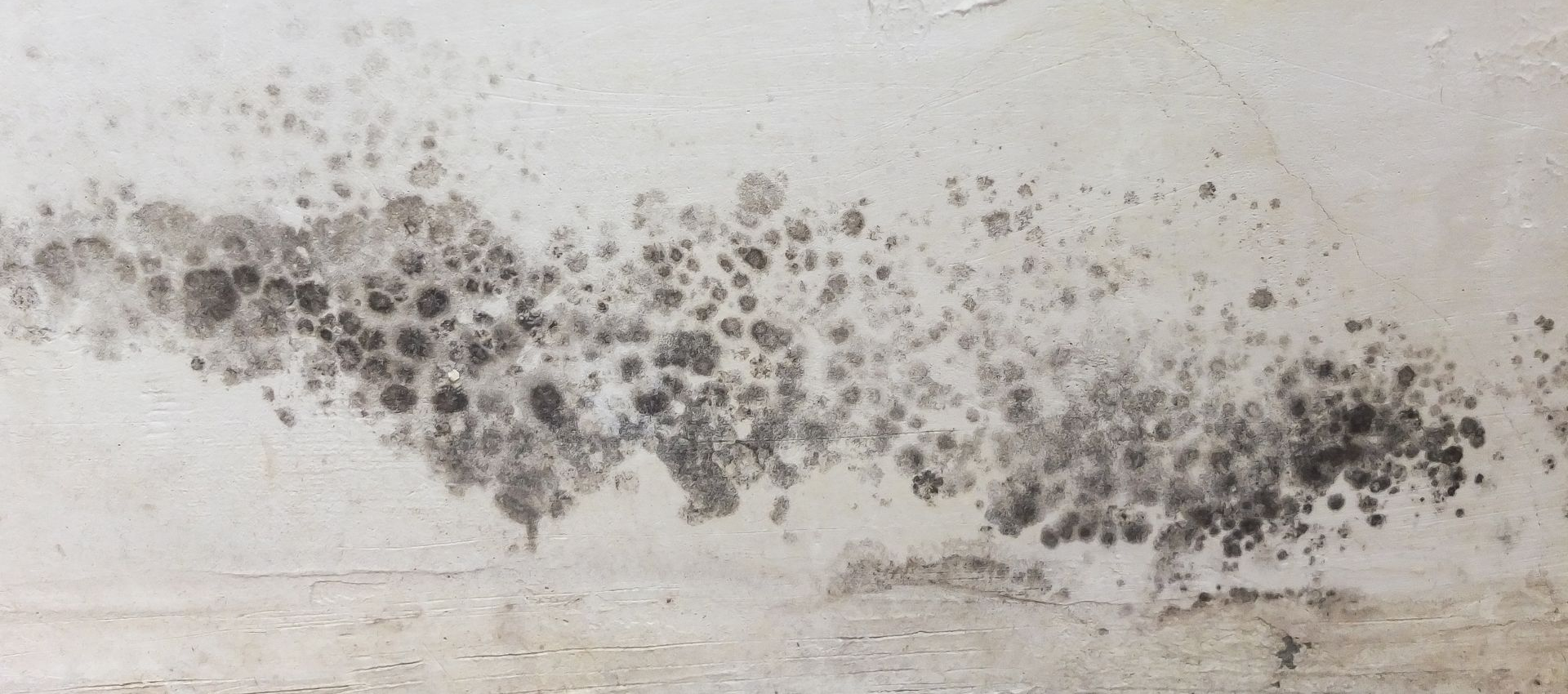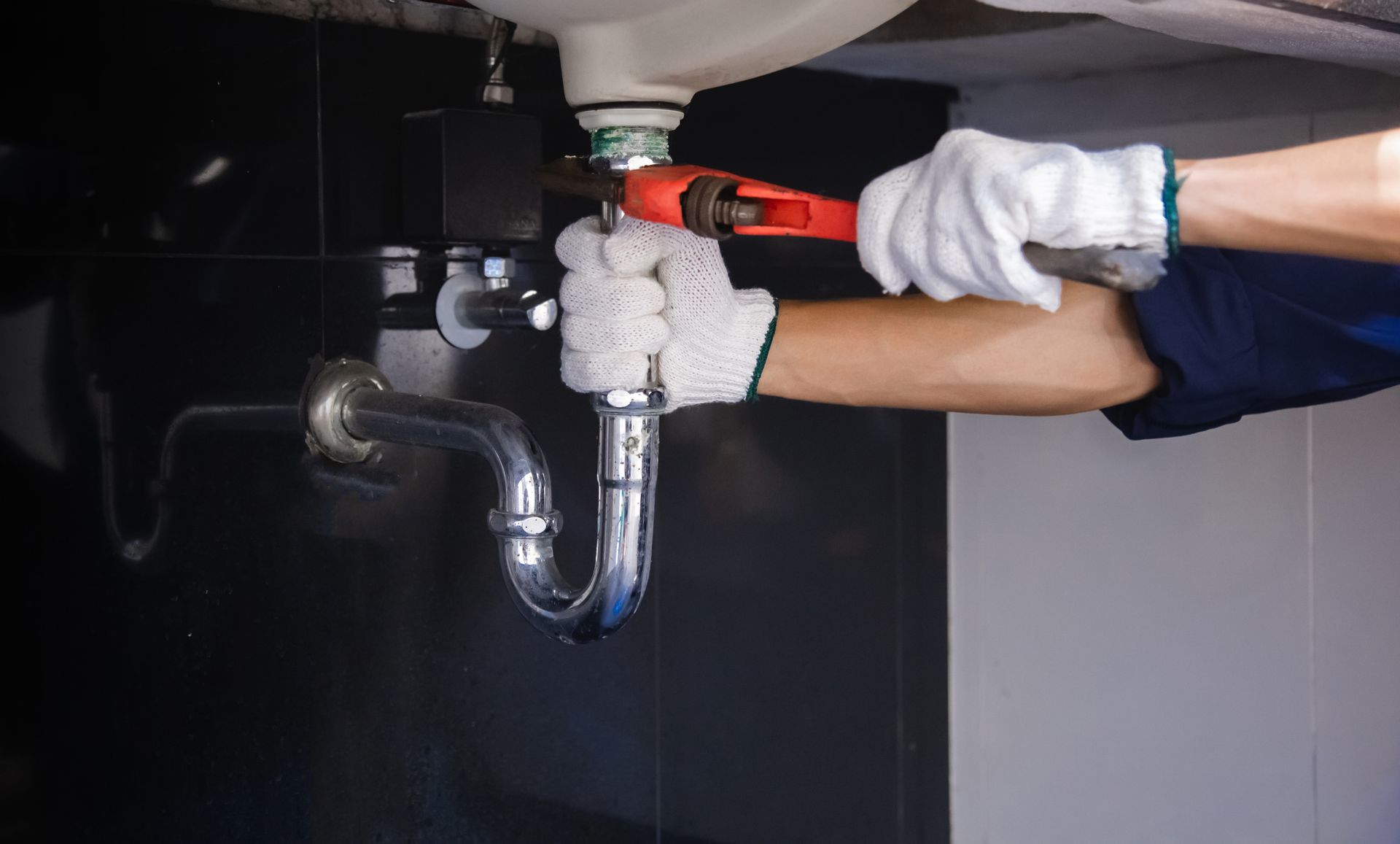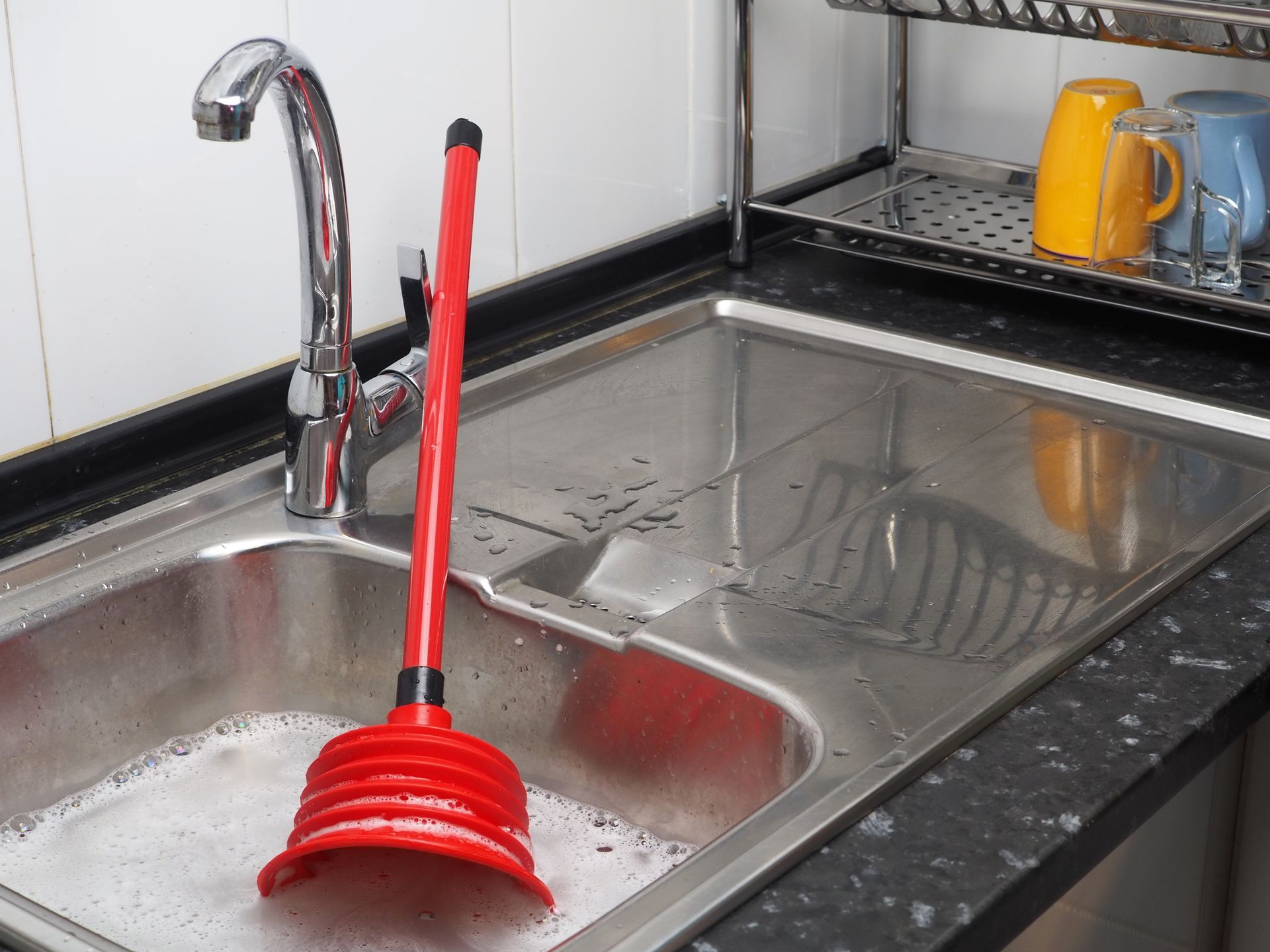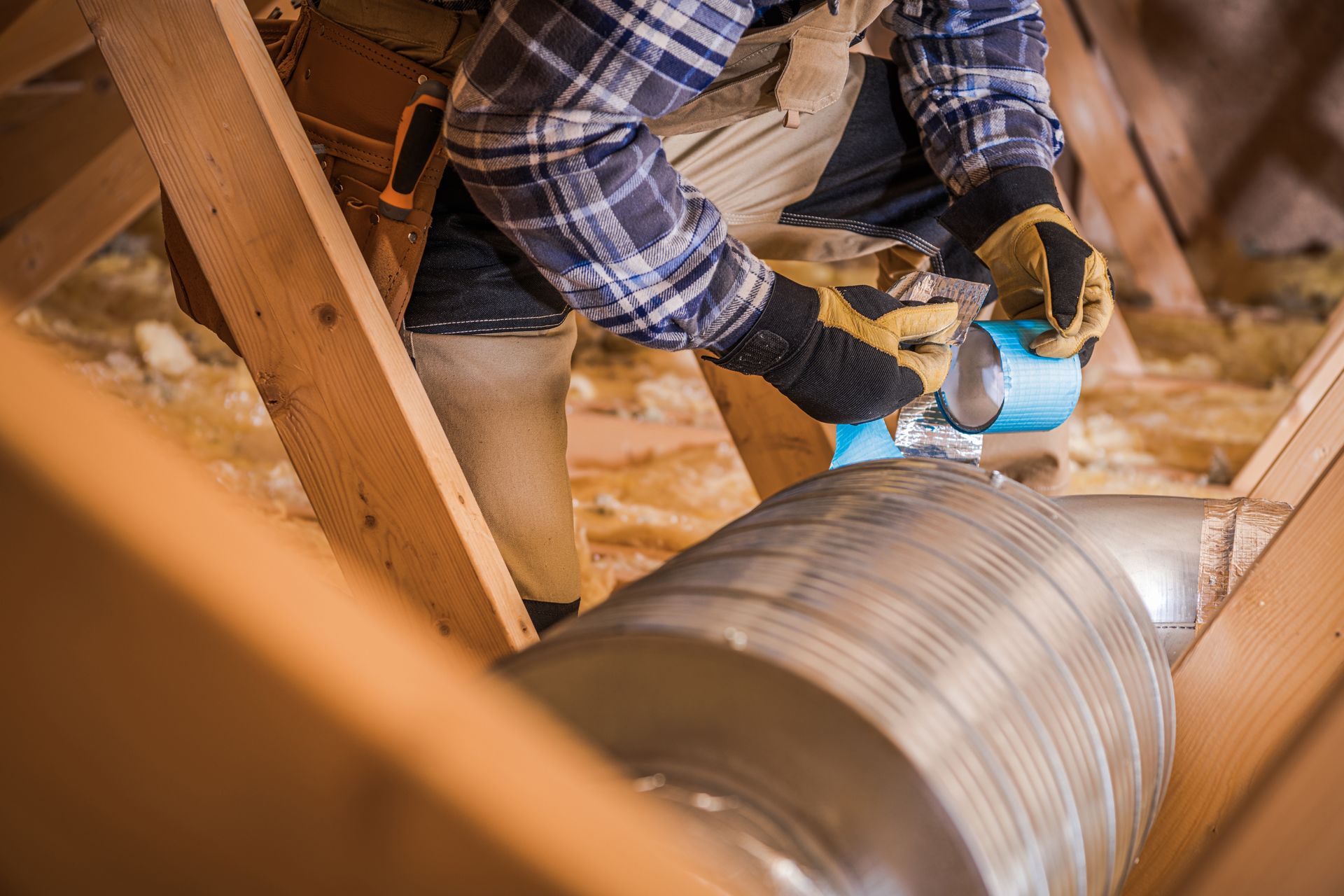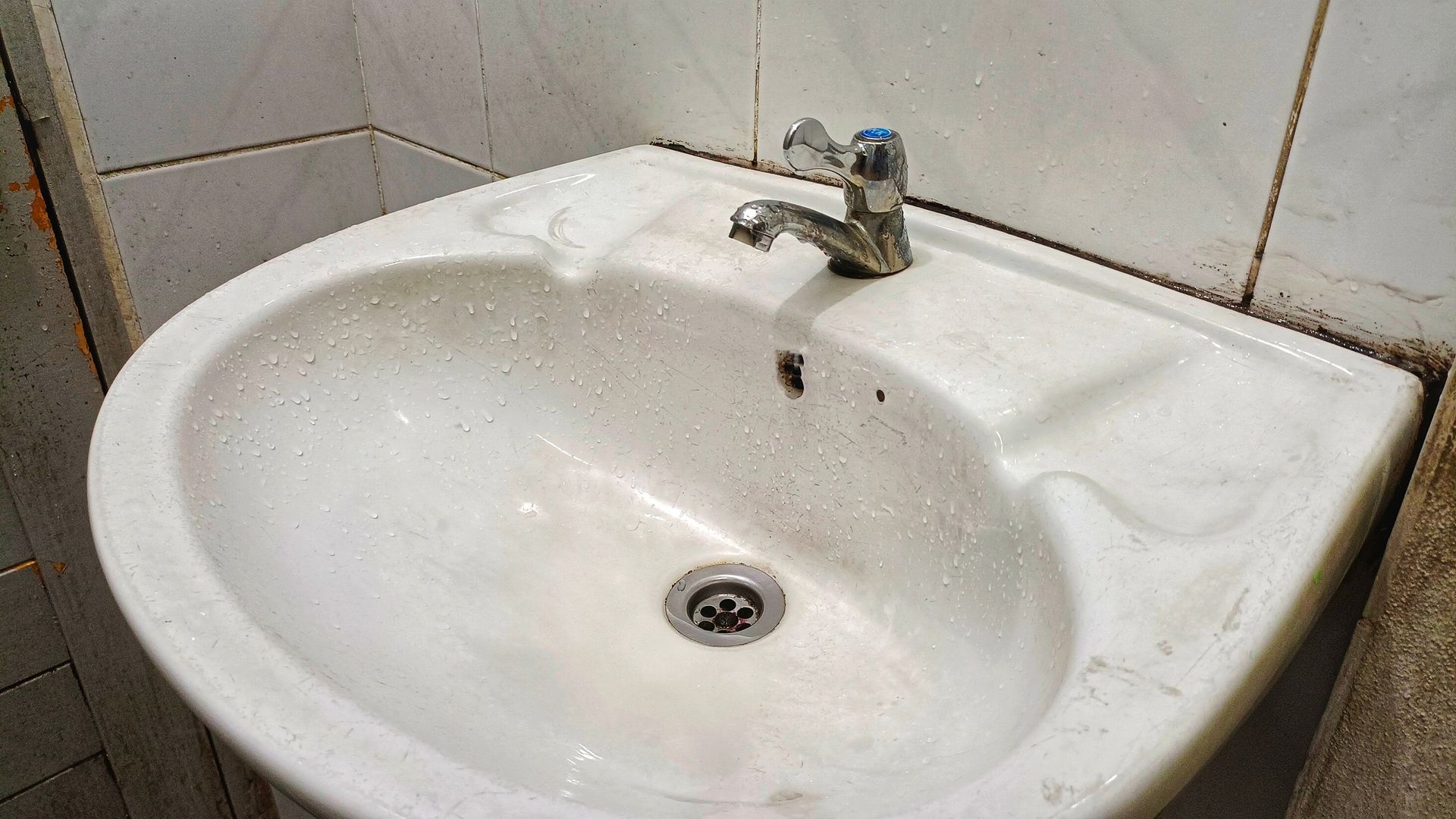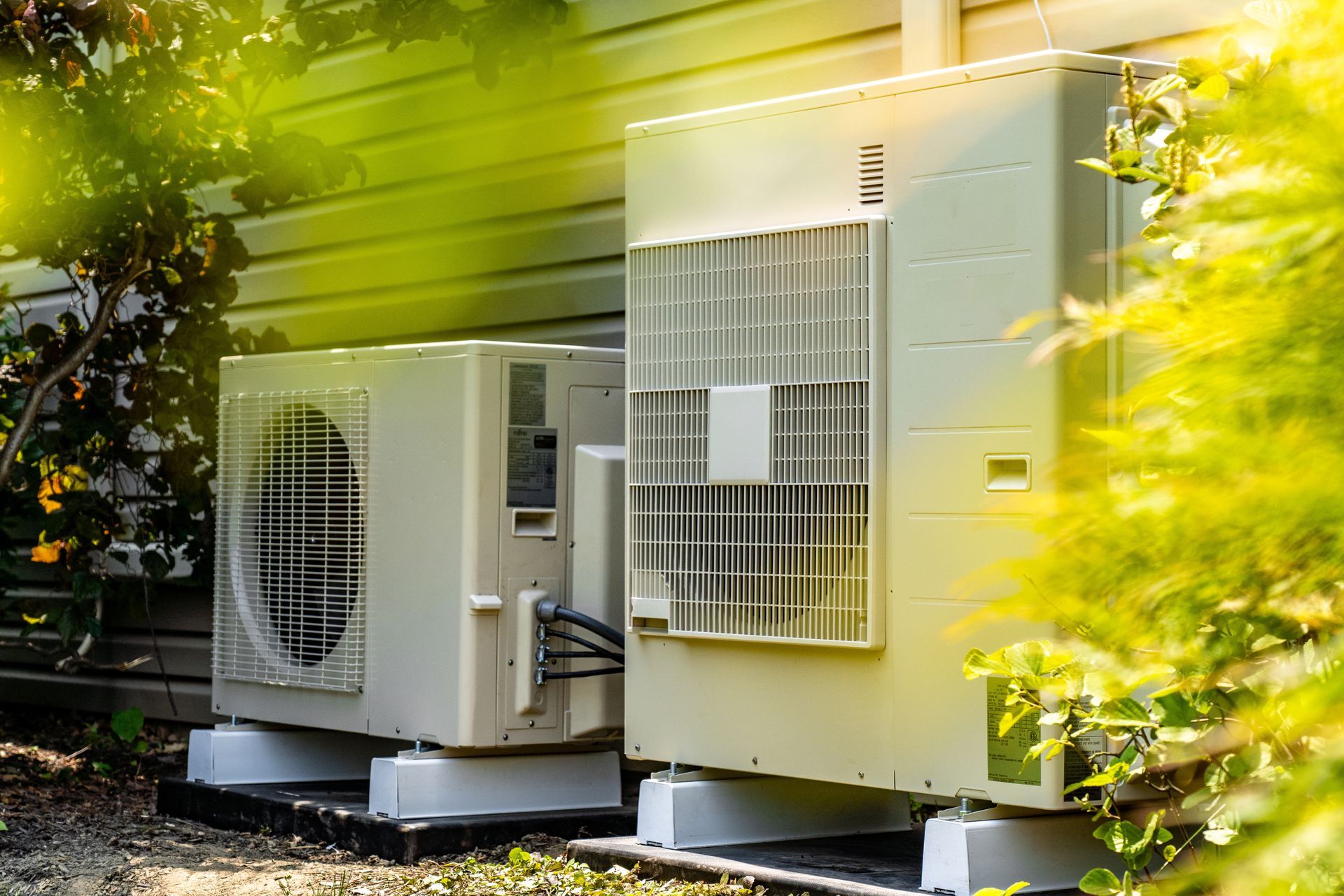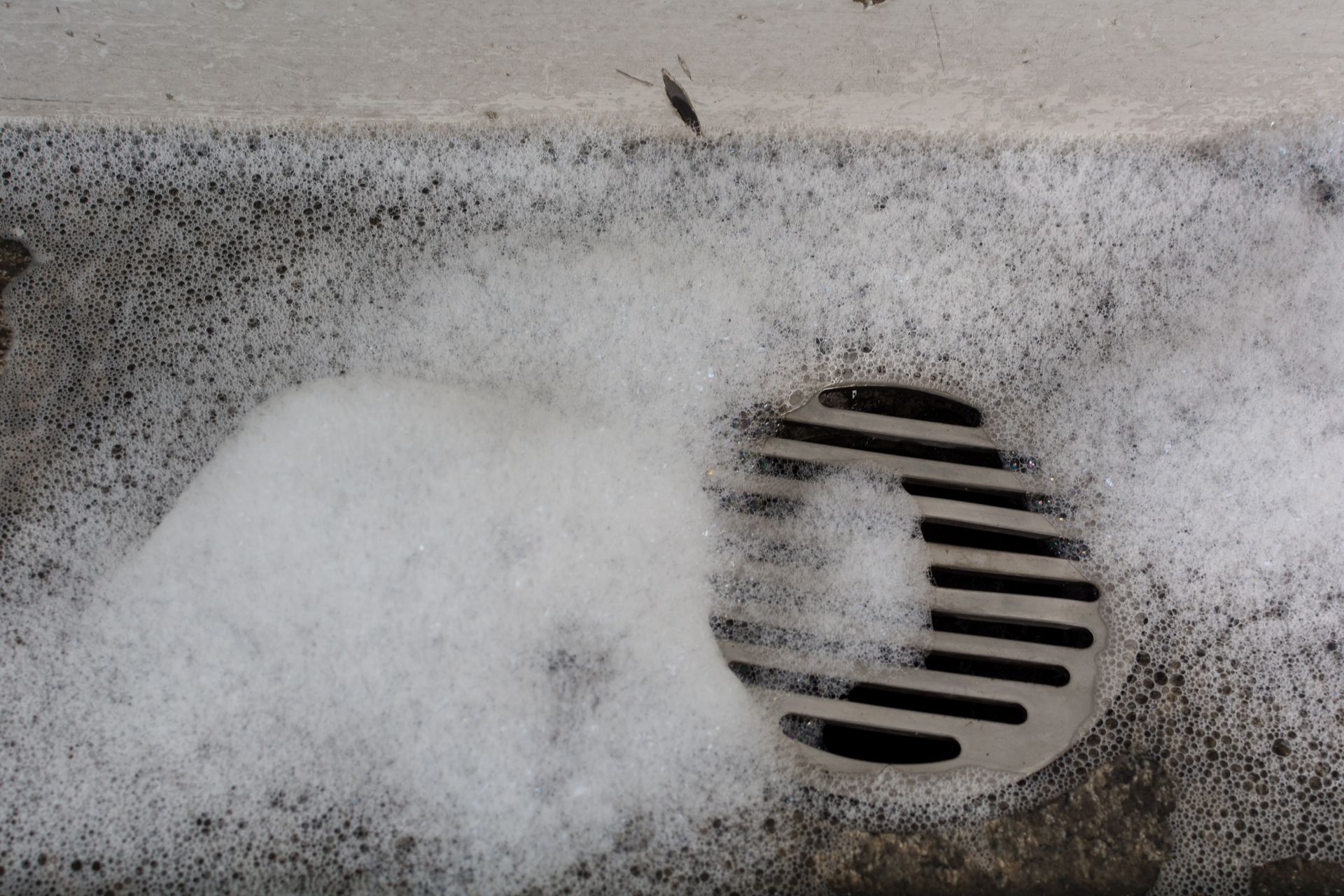Shower Drains Keep Clogging? | Here's Why
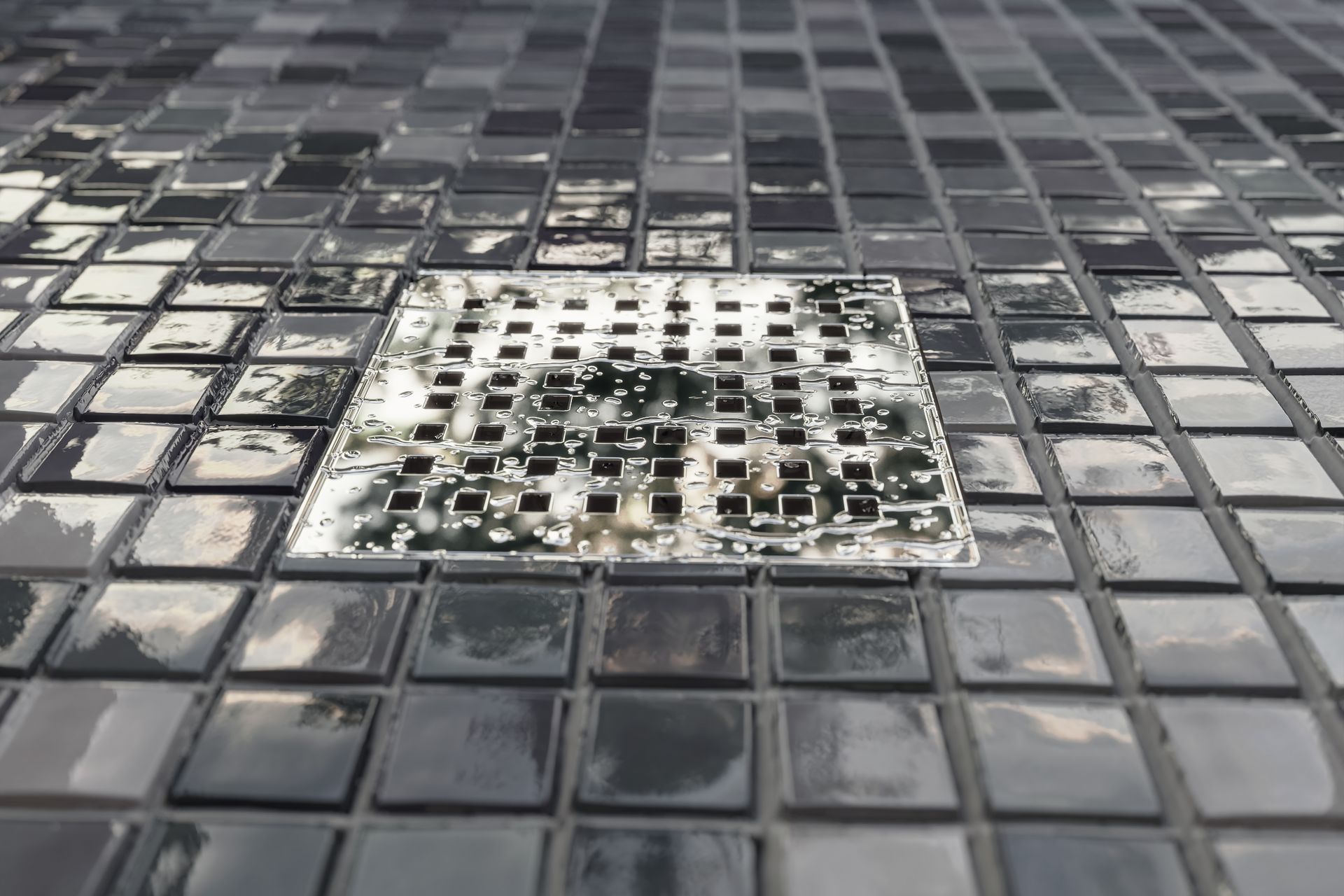
While they tend to not be a serious problem, a clogged shower drain sure can be a pesky one. Having water constantly backing up while you’re trying to get ready in the morning, or relax after a long day, can become a nuisance. This is especially true if you're not the only one using your shower.
While a clogged shower drain is usually an easy fix, it's best to try and identify the cause. That way, we can prevent clogs from happening at all. Here are some common causes and solutions for a clogged shower drain.
Hair Buildup
Hair is a common culprit of a clogged shower drain. This is especially common for those who have (or live with someone) who has long hair, as it tangles and clumps when going down the drain. Overtime, hair buildup can cause shower clogs.
One easy way to reduce the amount of hair going into your drain is to use a hair catcher. These small contraptions fit in the bottom of your drain, catching falling strands. Once hair catchers trap the loose strands, they can be easily removed from the device.
Hair catchers are not only easy to use, but they are cost-effective as well. Ranging in price and quality, they can cost anywhere between $3 to $20. Additionally, hair catchers are easy to find, and can typically be purchased at retail locations like Walmart, Target and Home Depot.
Soap Scum Buildup
Like hair, soap will inevitably funnel its way into your drain. While the soap itself is not the problem, the scum from the soap can cause buildup over long periods of time. Scum is the result of a mixture between the minerals in hard water, and left-over soap. After a while, soap scum buildup can line the inside of your pipes, contributing to blockages.
Soap scum can be removed in a variety of ways:
- Boiling water can be poured down your drain to melt away soap scum
- A mixture of water and baking soda can be used to unclog a drain (1 teaspoon per gallon is recommended)
- Wiping down other parts of your shower (with vinegar and water) can reduce overall soap scum residue, reducing the likelihood of buildup in your drains
(Chemical drain cleaner is not recommended as the harsh chemicals can damage your pipes.)
Dirt and Grease
While dirt and grease aren’t solely responsible for clogs, they definitely contribute to them. As we wash, dirt, grease and oils from our body are flushed down our drain. As a result, dirt and grease mix with soap scum and hair. This combination of factors can cause stubborn shower clogs to develop.
Just like soap scum, dirt and grease can be removed from your drain with boiling water, or a combination of baking soda and water. Cleaning your bathtub and shower with dish soap and water can reduce dirt and grease residue, making it less likely to end up in your drains.
Broken or Damaged Drain Pipes
Broken or damaged pipes can cause serious clogs. They are especially vulnerable to debris like hair, grime and soap. If left untreated, damaged pipes can easily allow debris to accumulate, making clogs appear faster, and more stubborn to remove.
Tree Roots
While not common, tree roots can cause drains to clog. And in very rare circumstances, they may even be the culprit for shower clogs. Tree roots take several years to grow, winding and twisting their way into your drains, clogging them in the process. In cases like these, it's best to seek out professional services, as the problem is underground.
When It’s Time To Contact the Plumbing Professionals
If you suspect that your shower clog is deep within the pipes, or that you have damaged pipes, it's time to bring in the professionals. Located in Central Georgia? Buzzell Plumbing, Heating and AC are here to help you!
Our team of dedicated plumbing professionals will work to identify the problem and fix it! We are located in Warner Robbins and Macon. For more information, give us a call at 478-209-3106. Or, if you’re interested in our other services, check out our website by clicking the link
here.
